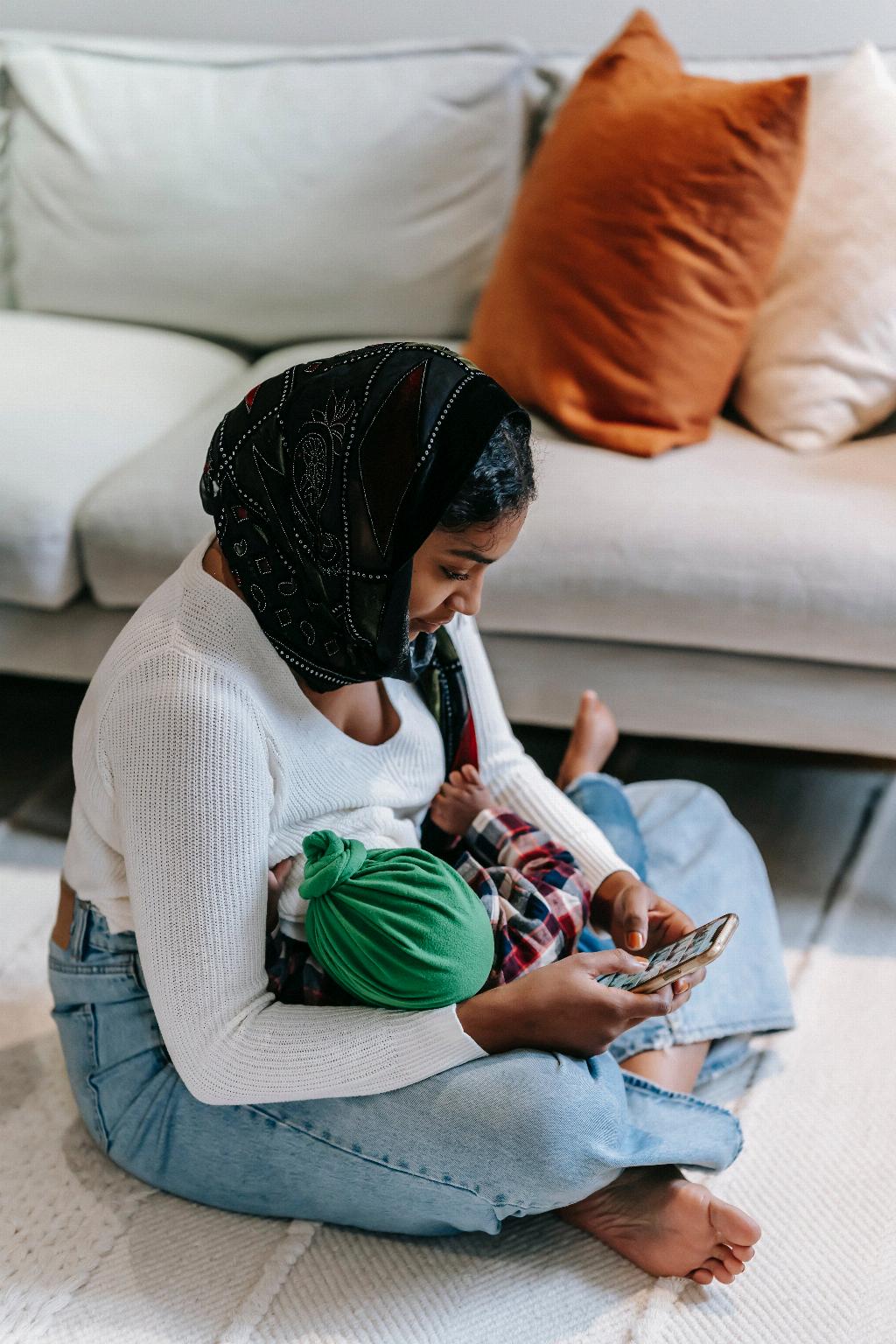When it comes to choosing an antipsychotic medication while breastfeeding, it is vital to consider the potential risks and benefits for both the mother and the baby. Some antipsychotic drugs can transfer to the baby through breastmilk, albeit in varying degrees. However, it is essential to note that the decision to breastfeed while taking antipsychotics should be made in consultation with a healthcare provider to ensure the safety and well-being of both mother and child.
Olanzapine and Quetiapine are often considered safer options for breastfeeding mothers due to their lower levels of transfer to breastmilk compared to other antipsychotics. Studies have shown that these medications have minimal impact on the baby when consumed through breastfeeding, making them favorable choices for women requiring antipsychotic treatment during lactation.
While Olanzapine and Quetiapine are preferred in breastfeeding mothers, it is crucial to understand that the use of other antipsychotic medications is not necessarily contraindicated. Each antipsychotic drug has its unique characteristics and potential effects on breastmilk composition and infant health. Therefore, healthcare providers must carefully evaluate the individual circumstances of the mother and the specific antipsychotic being considered before making a recommendation.
Aripiprazole is another antipsychotic medication commonly prescribed to breastfeeding mothers. It is known to have a relatively low transfer rate to breastmilk compared to some other antipsychotics. Additionally, aripiprazole has been shown to reduce levels of the hormone prolactin, which can be beneficial for women experiencing issues with lactation or excessive milk production while on antipsychotic therapy.
Despite the varying levels of transfer of antipsychotic drugs to breastmilk, it is essential for women to discuss their options with a healthcare provider before making a decision about breastfeeding while on antipsychotic medication. Healthcare professionals can provide valuable insight into the risks and benefits of different antipsychotics and help mothers make informed choices that prioritize both their mental health and the well-being of their infants.
Furthermore, monitoring the baby for any potential side effects or adverse reactions while breastfeeding on antipsychotic medication is crucial. Healthcare providers can offer guidance on what to look out for and when to seek medical attention if any concerning symptoms arise in the baby, ensuring that both mother and child are closely monitored and cared for throughout the breastfeeding journey.
In conclusion, while Olanzapine and Quetiapine are often considered safer options for breastfeeding mothers due to their lower levels of transfer to breastmilk, the safety of antipsychotic medications during breastfeeding ultimately depends on the specific drug and individual circumstances. Consulting with a healthcare provider is paramount in making an informed decision about which antipsychotic is safe to use while breastfeeding, ensuring the optimal health and well-being of both mother and child.

